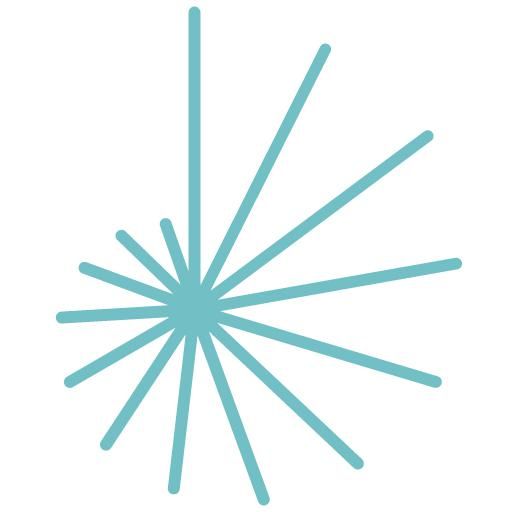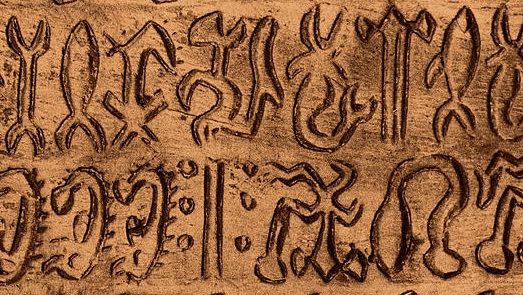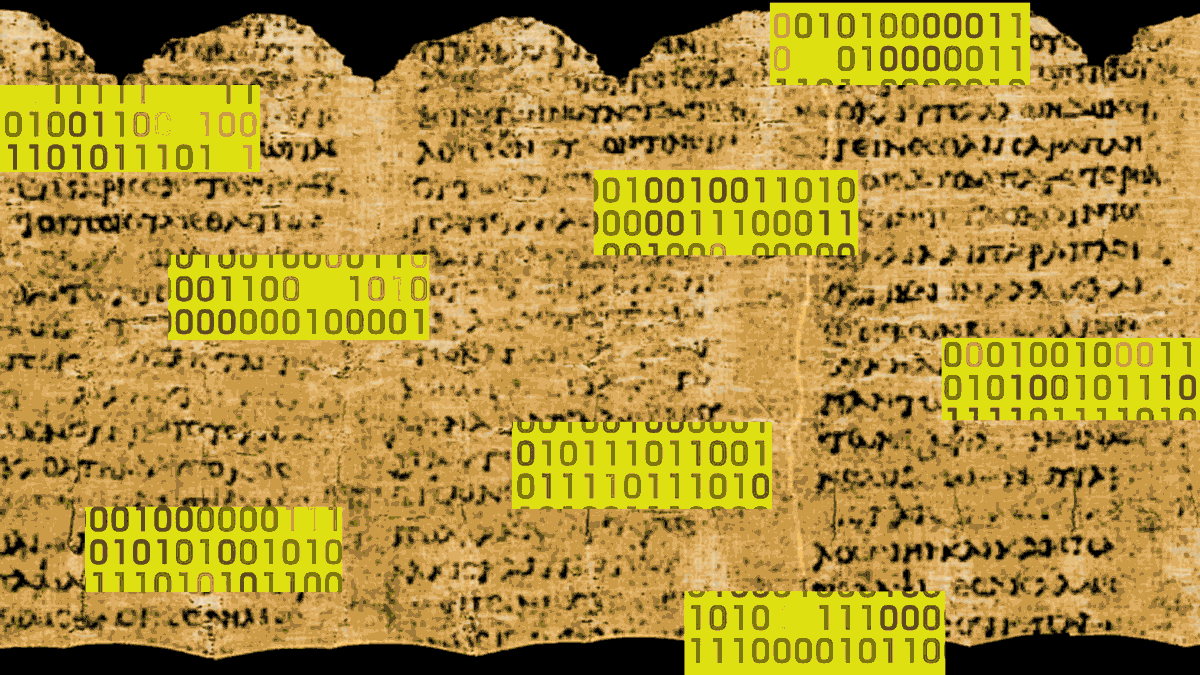You can learn a lot about yourself by looking through the lens of a different worldview. Gish Jen presents that awareness here by comparing notions of self-identity in the Eastern world and in the West.
Having grown up with a foot in each culture, she’s in the ideal position to show the differences in how the self operates in America and Asia—without prescribing the idea that one system is better than the other. In her analysis, Westerners have a “pit-self”, like an avocado, where our center is this unique individual self that must be expressed in every choice we make.
We are always trying to differentiate ourselves from others, it’s central to every choice we make. Easterners are undoubtedly all individuals, but they ascribe to a “flexi-self” which is more interdependent, and focused on their place within a community or family. It’s more about duty, than rights. The differences are fascinating and, if you’re a westerner, it might drag into the spotlight the interesting ways in which you assert your individuality.
Gish Jen: In the United States generally we have a model of self where the self is kind of like an avocado, right. We have a "pit" inside of us. The pit is ourself, our essence, our identity. It is the thing to which we must above all be true. And, of course, very importantly we see that pit as unique. So that everything we do we want to show, to reflect that pit. We like that self and we want it to be unique. In Asia people frequently have a “flexi-self”. So it’s a different kind of self. It is a self that’s oriented more to duty than to rights for instance. And very importantly, it does not have a cultural mandate to be different and to be unique.
People in the East are not all alike. So if you looked at my family, believe me, every single person is very, very different. That is true, of course, throughout Asia. The difference is not, "How different are we from each other?" The difference is, "How much significance do we attach to that difference?" In other words, do we think it’s very important to differentiate ourselves from others?
So if you’re asking, "Are they individuals?" Of course they’re individuals. You know, are they different? Of course they’re different. But of course for them it’s like, "Well of course I’m different. Why would I make a big deal about that?" And they think it is very peculiar that in the West that we feel that we must differentiate ourselves from others endlessly. So one of the ways that we do that of course is through choice, you know. Choice in the West is very, very important. Everyone is always making choices.
And honestly a lot of those choices make us a little anxious. If you do a study where you are just sitting in an empty room and you’re making a choice and you come from a more individualistic culture, you actually show signs of a little anxiety, you know. Every little choice that you make – even in private, because it’s defining of who you are – is a little loaded. They feel like they just choose. In other words, when they make those choices it doesn’t have this overlay. And that’s one of the reasons they feel that actually we are less free than they are. So they think that we are the ones who are kind of in this prison where, you know, like I say every moment we must define ourselves. Well isn’t that awful?
And of course the way that we live, we feel that we want to be freely electing to live the way that we live, right? And so, even when we’re doing things like taking care of the elderly, for example: We want to feel that it’s an extension of our great love and the nature of our being to be able to take care of the elderly.
The other day I was having dinner with somebody and they said, "You know, I just don’t feel that, and it’s just very, very hard." So somebody from a more flexi-self or interdependent culture would say, "It’s just your duty." And so for them it’s like, you know, they help their elderly parent, they just go take care of the elderly parent because that’s their duty. For them this is really liberating. You just go do it and you don’t expect there to be, you know, an expression of yourself. It’s just what people do. From their point of view we have made things very, very hard for ourselves to demand that everything should be an expression of our inner nature.







